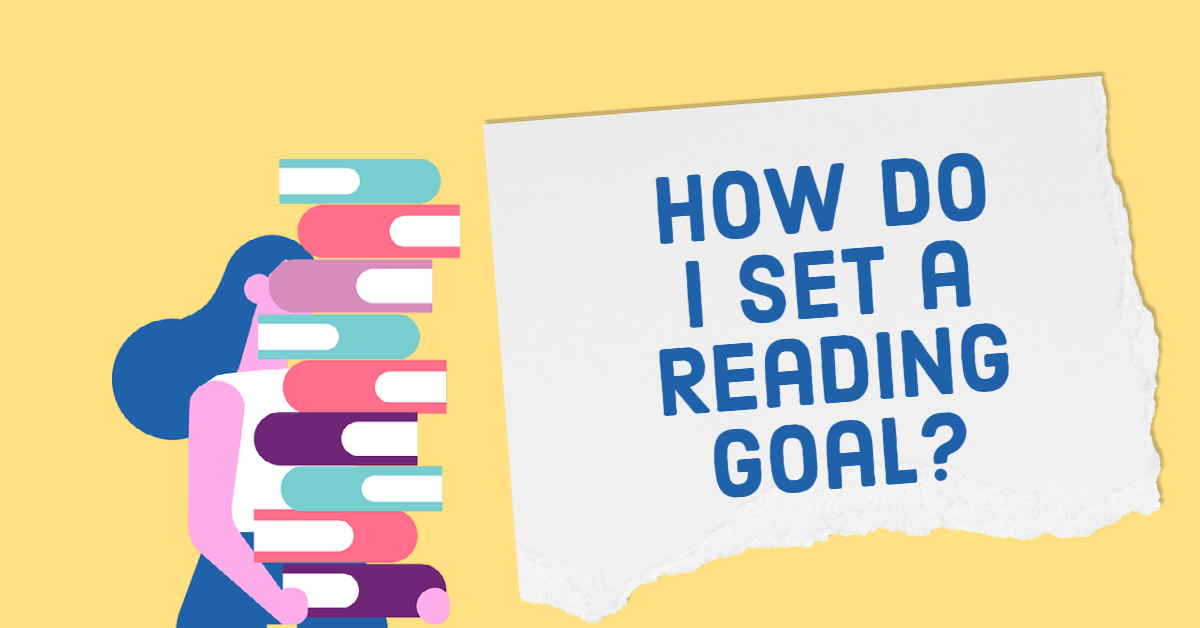|
Happy 2023, y’all! With the start of a new year come all the resolutions—personal, professional, and, of course, literary.
Tons of readers all over the world set annual reading goals for themselves with each new year. This means that around New Years, they choose an ideal number of books they’d like to read in the following year. Some readers take their goals quite seriously, while others might forget their goals right away—and plenty of readers don’t track their reading goals at all. Why do people go different routes? What’s the big deal with reading goals? Where do I track my reading goal?
There are a couple different ways to track your reading goal, independently or through a program, in writing or digitally.
Lots of readers use apps to track their reading. Storygraph and Goodreads both ask readers at the beginning of each year if they’d like to set a reading goal, and then readers can keep track of their books read compared to how much they still need to read to stay on target. These apps also keep track of when you read a book and what you thought of it as well. Some readers may choose to keep track of their own reading goals. You could start a spreadsheet in Microsoft Excel or Google Sheets to keep count of the books you’ve read so far this year. Others might prefer to keep a handwritten account of their reading in a journal and tally their books on the inside cover. What are reading goals good for?
Setting a reading goal for yourself is a great way to make reading a priority. If you want to make sure you’re reading consistently throughout the year, having a goal you’re trying to hit can keep that momentum going. It’s harder to let yourself fall into a reading slump or drift your attention to Netflix or doomscrolling if you’re always keeping that reading goal in mind.
What are reading goals bad for?
You should not set a reading goal for yourself if you’re going to use that to guilt or shame yourself. Reading should be a fun, relaxing activity that makes your brain work juuuuust a little bit. It should not feel like a burden or a punishment! If you’re setting this goal to trap yourself rather than inspire yourself—don’t. Be gentle with yourself, and only read when and if you actually want to.
Set realistic goals.
A good compromise if you want to set a reading goal but be careful not to trap yourself is to set realistic, attainable goals. If you read 5 books last year and it felt hard, you’d be setting yourself up for failure if you vow to read 50 books next year. A realistic goal can feel like an attainable challenge, and you’ll be more inspired to dive in.
If you set a reading goal last year, use that as a guide for setting your reading goal for this year. If your goal last year was 30 books and it felt really easy and you still had time to read more at the end of the year, maybe try doubling your goal and go for 60 books this year. If your goal last year was 52 books and you only read 12, and you’d still like to try to read more books, go for a small increase and aim for 15 books next year. If your goal last year was 100 and you hit it with a week or two to spare and it felt challenging and great, set the same goal for next year, or stretch it slightly to 105. If you set your goal too small and you find yourself nearing that magic number in May, you can always update your goal later! It’s better to start with a small goal, blow it out of the water, and get to set a stretch goal than it is to set your goal too high and never really feel like you can get there. Should I set a reading goal for myself?
This is up to you. You don’t have to jump on the trendy bandwagon and set a reading goal just because the readers around you are. Ask yourself why you’re considering setting a reading goal for yourself and why you read, and be real with yourself about what you can do.
At the end of the day (often literally), reading shouldn’t be a chore. It should be a pleasure. written by Christina Kann
0 Comments
Leave a Reply. |
How Do I Book?We'll try to find the answer to that question in our blog. Archives
August 2023
Categories
All
|


 RSS Feed
RSS Feed